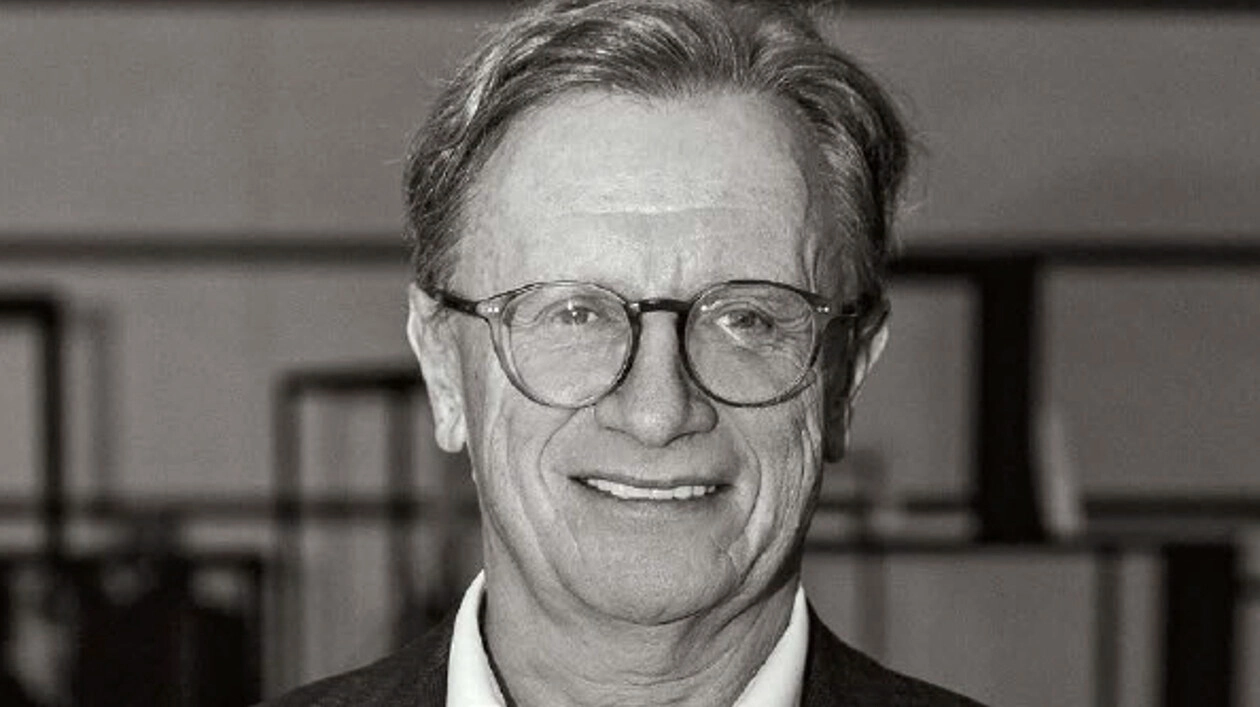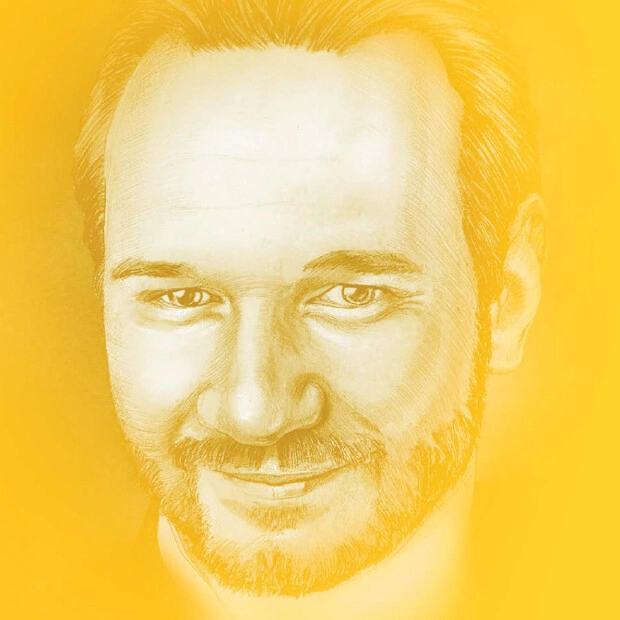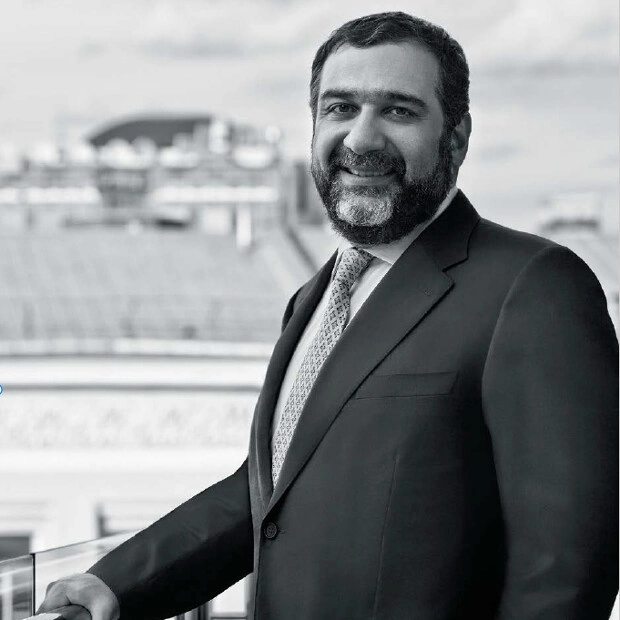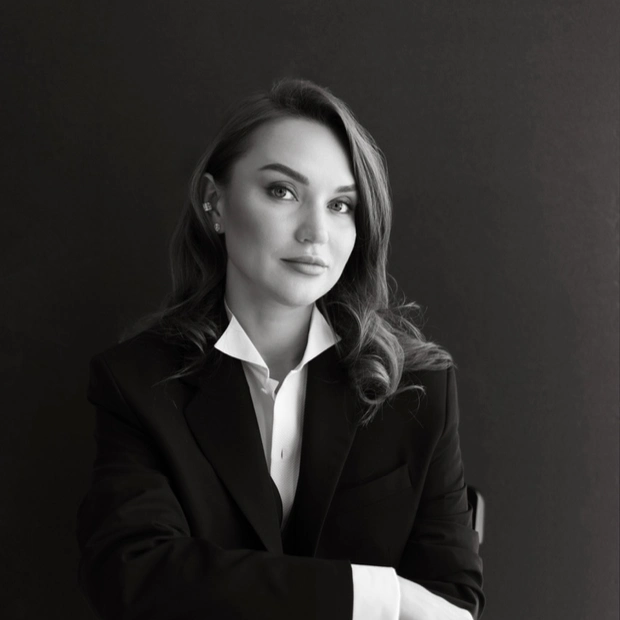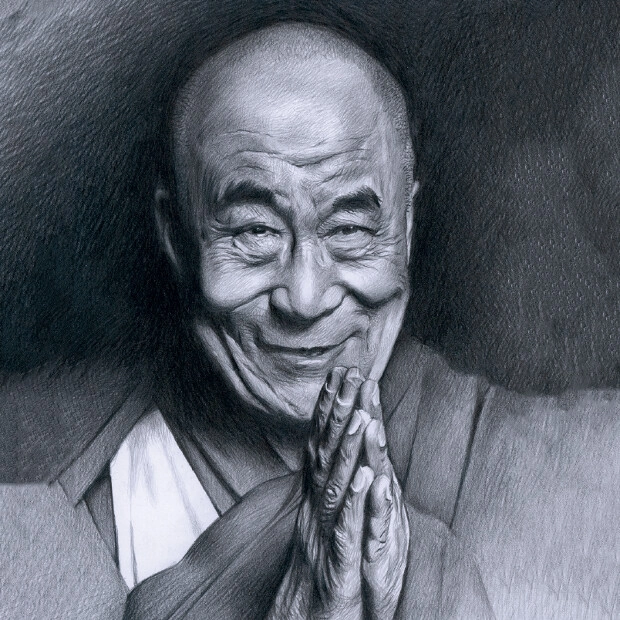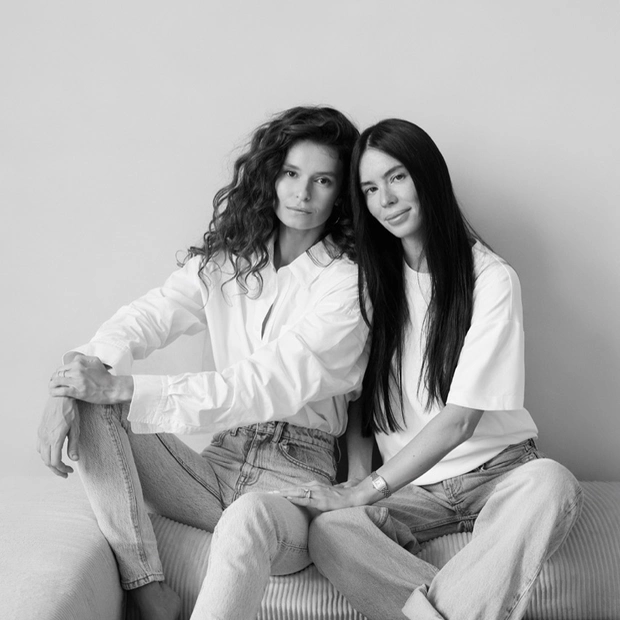"True human progress is based less on the inventive mind than on the conscience," once concluded the genius that showed his tongue to all mankind. This playful message reminds us that if life itself suddenly becomes unbearably dull or painful, we should make a change — either in ourselves or in the world. This idea, of course, is as old as the earth itself. But it's worth trying. Especially when looking back on the past hundred years, and longing to believe in the next hundred, as with the coming of a new year. Boris Belotserkovsky, president of the National Association of Automated Trading, chairman of the UVENCO board of directors, reflects on ideals, both individual and societal, and the path to a conscious democracy.
Everyone's idea of perfection is more or less the same. You're surrounded by your loved ones: your parents, your spouse, your children. Typically, a big part of happiness is having a family you love. And, of course, doing work that you're interested in. This, of course, isn't always the case. I don't know how to make everyone happy. Everyone has these perfect ideas in their head, utopian ones, distinct from life. Is it possible to turn such ideas into a reality? Probably not. Though you can aspire to, but only if you have a clear vision of yourself and your utopia.
A perfect ideal for an individual and a perfect ideal for society are two different things. A personal ideal would be a house in Finland and the ability to sit in silence and read books. But the societal idea would be for the country where you live and were born to be free, beautiful, democratic, with the ability to progress, where everyone has access to medicine and warm bathrooms. On a personal level, I'd say I've found my paradise. I was born in Karelia, and apparently, on a genetic level, it's a good thing for me to be amongst cool waters and the smell of pine needles. In the summer, my family and I go on vacation to a house we rent in Finland. I feel happy there; it's my place of power.
For me, the societal ideal lies in the actual democratisation of life. The first step is high quality education, throughout the country. What's most important isn't the changing of presidents, but of the people. Russians today still live with the thunderous echo of the Soviet Union reverberating in their lives; education is the only way to get rid of it. By this, I mean it's necessary to instill in people the ability to effectively handle information, and mostly importantly, for them not to be afraid to use their own minds while navigating different situations in life. Not just to write down what's dictated to them, but to read the text itself, make inferences, and draw conclusions. To write not a summary, but an essay. There is a difference. When the people in our country begin to think for themselves, independently, only then will we really be leaping forward into a new life. The world at present is, formally speaking, democratic, but it's driven by the decisions of the elites. Yet the idea that elites somehow can't be mistaken is erroneous. So democracy is somewhere in the middle. It's neither of the masses, nor of the ruling elite. The masses are not guided correctly. And where to find a proper elite is unclear.
Bettering the world seems impossible. It's so enormous, and so powerful, that the impact any one individual can make is negligible. And coming together is difficult. But I think it's becoming clearer as we go along that that is exactly what we need. A global utopia a world where we are all united, seeking to improve each other's lives. The latter we are certainly already capable of making a reality.
In my business, I shifted, quite a while ago, from the sphere of pleasures to that of the most basic needs. I think that it's extremely interesting to do something that gives people real results. I didn't end up becoming a doctor, but I very much would have liked to be. Or to be involved in medical, biological businesses, improving and prolonging people's lives. I think it's important to take what you can from your own pocket and offer it to others. It's not interesting to just sit and watch the present pass by. But everything else is interesting. To some extent, my work, like any other, is the performance of actions related to present and future life, the advancement of a business, and the human advancement of those who work for it, because they depend on it.
Great accomplishments come from a combination of luck and having your head on straight. And often, in order to be successful, you have to sacrifice something, but I'm not capable of that. This is an internal matter, a moral concern. Does money alone satisfy you? I suspect you haven't been very successful. You've probably made some mistakes, in your business decisions, for example. I'm on my fourth marriage. We're probably supposed to stick to the first one, forever after. I also could have been more involved in the upbringing of my children. I have five sons who are the most important thing in my life; they're what I'm most proud of.
But each person chooses their own path, and in the end, gets what they were really after, in actuality, but not necessarily what they had broadcasted. A man may say that he'd like to be highly educated, while at the same time he doesn't spend his time reading; he doesn't even own very many books. He just repeats how wonderful it is to be cultured, erudite, and capable of profound contem-plation. Russia, for example, broadcasts its democracy, but what do people need in reality? A free democracy is a responsibility, and not one that the people are accustomed to, or one that they really want to assume. It isn't necessarily that someone is grabbing more for himself, but there's also nothing preventing this from happening. If, by contrast, people are making decisions they have to answer for, those decisions will be fair.
Today, there's a growing buzz about the borderdefying technology of blockchain, which is showing us that there are things that can't be managed by the state alone. The structure of this world is quite unfair, and in a sense, the develop-ment of this technology is an attempt at the fairness that so many of us, if not all of us, are seeking. At least that's what's being broadcasted. I am for a conscious democracy. But before this can come into being, society itself first needs become conscious. Maybe then, we won't have to look for the answer to the question of why we're here.

